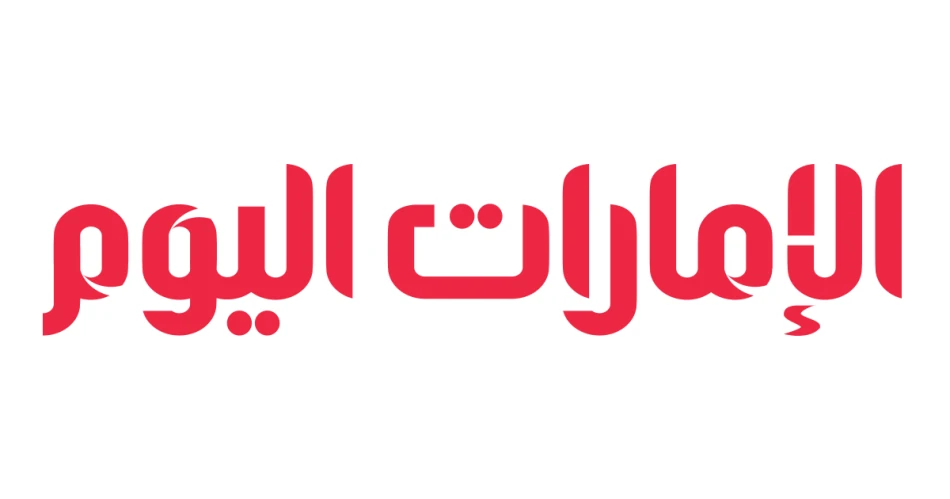
Dubai's Digital Transformation: Exploring Estonia's Pioneering E-Governance
Dubai's digital services team visited Estonia's e-government center to study one of the world's most advanced digital government systems. The visit shows Dubai's push to stay ahead in government digital transformation by learning from countries that have already built comprehensive digital infrastructures.
The delegation included Captain Mohammed Al Muhairi, head of infrastructure, Lieutenant Lahej Al Basti from cybersecurity, and Lieutenant Ahmed Al Sabousi from support systems. All three work for Dubai's General Directorate of Residency and Foreigners Affairs.
Estonia has become the go-to example for digital government. The country digitized almost everything - from voting to business registration to healthcare records. Citizens can access nearly all government services online, and the system processes most requests in minutes rather than days or weeks.
The Dubai team focused on Estonia's X-Road platform, which connects all government agencies and allows them to share data instantly. When an Estonian citizen applies for a service, agencies can pull information from other departments automatically instead of asking citizens to provide the same documents multiple times.
They also examined Estonia's cybersecurity systems and digital verification processes. Estonia's digital ID system lets citizens prove their identity online for everything from banking to signing contracts. The country has been testing AI and predictive analytics to help government workers make faster decisions and spot problems before they happen.
The visit included discussions about training government employees in digital skills. Estonia had to retrain thousands of civil servants when it built its digital system in the early 2000s. Many countries struggle with this part because older employees often resist new technology.
For Dubai, this matters because the emirate wants to digitize more government services and reduce the time people spend in government offices. Dubai already offers many services online, but Estonia's integrated approach could help different Dubai government departments work together more smoothly.
Estonia's system also saves money. The government estimates its digital infrastructure saves about 2% of GDP annually by cutting administrative costs and reducing the time businesses spend on paperwork. For a trade hub like Dubai, those kinds of efficiency gains could give local businesses a competitive edge.
The timing makes sense too. Many governments accelerated digital services during the pandemic, and citizens now expect faster, more convenient online options. Countries that can deliver seamless digital experiences will likely attract more international business and investment.
Most Viewed News

 Sara Khaled
Sara Khaled






